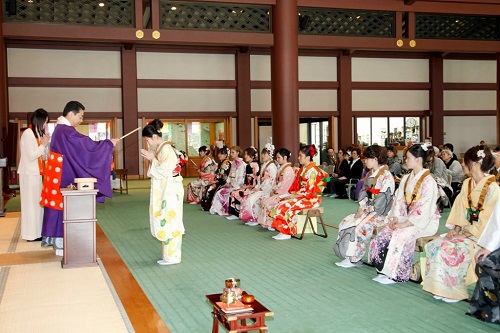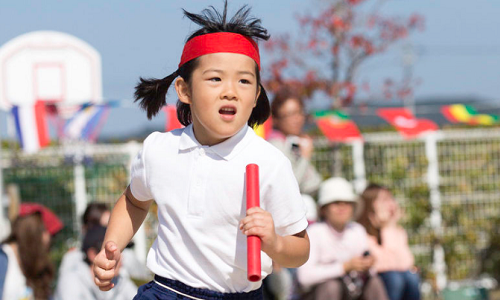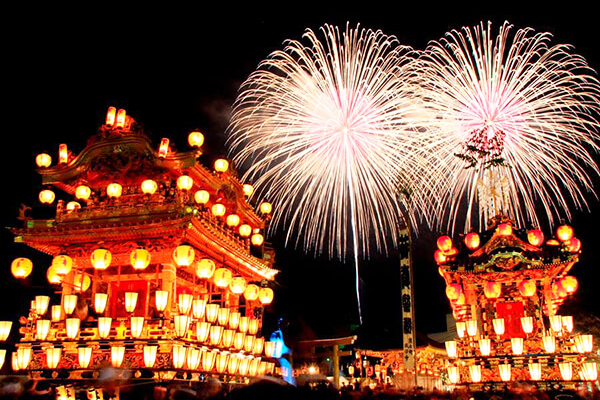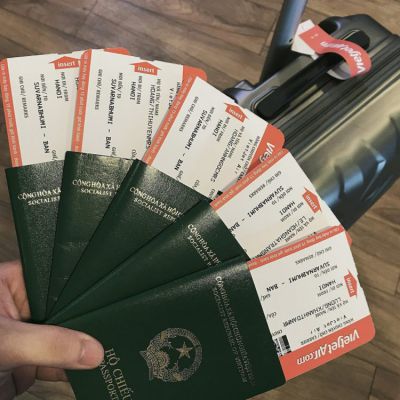HOLIDAY, TET IN JAPAN
Holidays and New Year's holidays are the time when workers in Japan can have fun with friends and relatives after a long tiring day of work.
According to Japanese law, there are 15 days of public holidays and Tet. If the holiday falls on a Sunday, the following Monday will be a compensatory day off. Or in case a day falls between two holidays, that day is also off.
1. A NEW YEAR'S DAY
January 1st (January 1st). This is the most important holiday in Japan.
As a country in Northeast Asia, but since the Meiji Restoration was successfully conducted by Emperor Meiji in 1868, Japan has had a tradition of celebrating the Lunar New Year according to the calendar year like Western countries and counting. Since then Japan no longer uses the lunar calendar. The rest time is usually from the afternoon of the 30th to the end of the 3rd, but the Tet atmosphere sometimes lasts until coming of age ceremony day for young men and women who turn 20 years old.
2. COMING OF AGE CEREMONY DAY
This is a holiday for young people who turn 20 years old. It used to be January 15th, but now it's changed to the 2nd Monday of January.
On this day, the boys and girls will wear traditional Kimono clothes (only for men who have recently switched to wearing suits) and celebrate the coming of age with family, relatives, teachers and friends at the Hall held on a weekly basis. local.
Even foreigners living in Japan at the age of 20 will receive invitations like Japanese people!

3. INDEPENDENCE DAY
February 11th. According to Japanese history, on this day in 660 BC, the first Emperor of Japan was enthroned.
4. SHUNBUN DAY
March 20. This is considered a holiday celebrating nature and living things.
5. SHOWA DAY
April 29. This is the birthday of the late Emperor Chieu Hoa.
Before April 29, 2007, this day was known as Green Day. After Emperor Chieu Hoa passed away, people took this day as a holiday to preserve the green of nature (now it is celebrated on the 4th of May). Showroom Day is part of (Golden Week*).
6. CONFERENCE DAY
May 3. Since 1947 this date has been taken to commemorate the day the Japanese constitution was established, marking and reminiscent of an event – a new institution was established and came into force after World War II. two.
7. GREEN DAY
May 4th, also known as Green Day.
From 2006 and earlier, Green Day was celebrated on the birthday of the late Emperor Chieu Hoa April 29 as mentioned above because this King loved trees and nature very much. May 4 is also part of Golden Week.
8. CHILDREN'S DAY
May 5th (different from our country is June 1st).
This is a holiday to pray for the health and happiness of children. This day is also known as "Doan Ngo" holiday, a holiday dedicated to boys. People usually fly the carp flag on this day. (Along with Boys' Day is Girls' Day, which is March 3rd.) May 5 is also part of Golden Week.
Families with children will often set up carp-shaped flags representing family members: father, mother, boy or girl, ... with the meaning of praying for healthy, obedient children, happy.

9. DAY OF THE SEA
Monday of the third week of July.
This is the day to give thanks for what the sea has given. This date marks the safe return of Emperor Meiji from a voyage to Hokkaido in 1876.
10. GLOBAL DAY
Monday of the 3rd week, September. A day dedicated to paying respects to the elderly and wishing long life, was established in 1966.
11. SHYUBUN DAY
September 23. A day to remember the dead and pay respects to ancestors. People often visit relatives' graves on these days.
12. SPORTS DAY
Second Monday of October. Applied since 1966 to celebrate a major sporting event - the 1964 Tokyo Olympics, this is a holiday to encourage the exercise movement.

13. CULTURE DAY
November 3. The holiday encourages the flourishing and development of traditional culture and the love of freedom and peace. On this day, Japanese schools and government select and reward those with exceptionally outstanding performance.
14. EMPLOYEE'S DAY THANK YOU
November 23 is a holiday to promote the value of labor and give thanks for a bountiful harvest. This holiday is usually celebrated when the harvest ends, people donate the newly harvested produce to pay respect to the gods. This day is equivalent to Thanksgiving - Thanks Giving of the West.
15. THE BIRTHDAY OF THE ROYAL DAY
December 23. Is a holiday on the occasion of the birthday of Emperor Binh Thanh.
SPECIAL IN JAPAN ALSO HAS:
Golden Week: Golden Week includes 4 national holidays within a week, from April 29 to May 5.
Japanese people are too busy with work, so resting time for them is extremely important. Maybe in a year, May is the time when they can have the longest vacation so they call this "Golden Week". It is a week of praying for national peace and prosperity.
For Japanese people, especially those working for companies, this is a very special week. Golden Week is one of the three busiest holidays besides the New Year holiday and Obon week (Buddhist week).
Obon Week: Obon Festival from August 13 to 15.
This is not a national holiday, but Japanese people take a relatively long break on these days. Obon week is one of the three longest holidays of the year of the Japanese people besides the New Year holiday and the "Golden Week" holiday. The Obon festival is like Vietnam's atonement for the dead on the full moon day of the seventh lunar month.

Obon Festival













